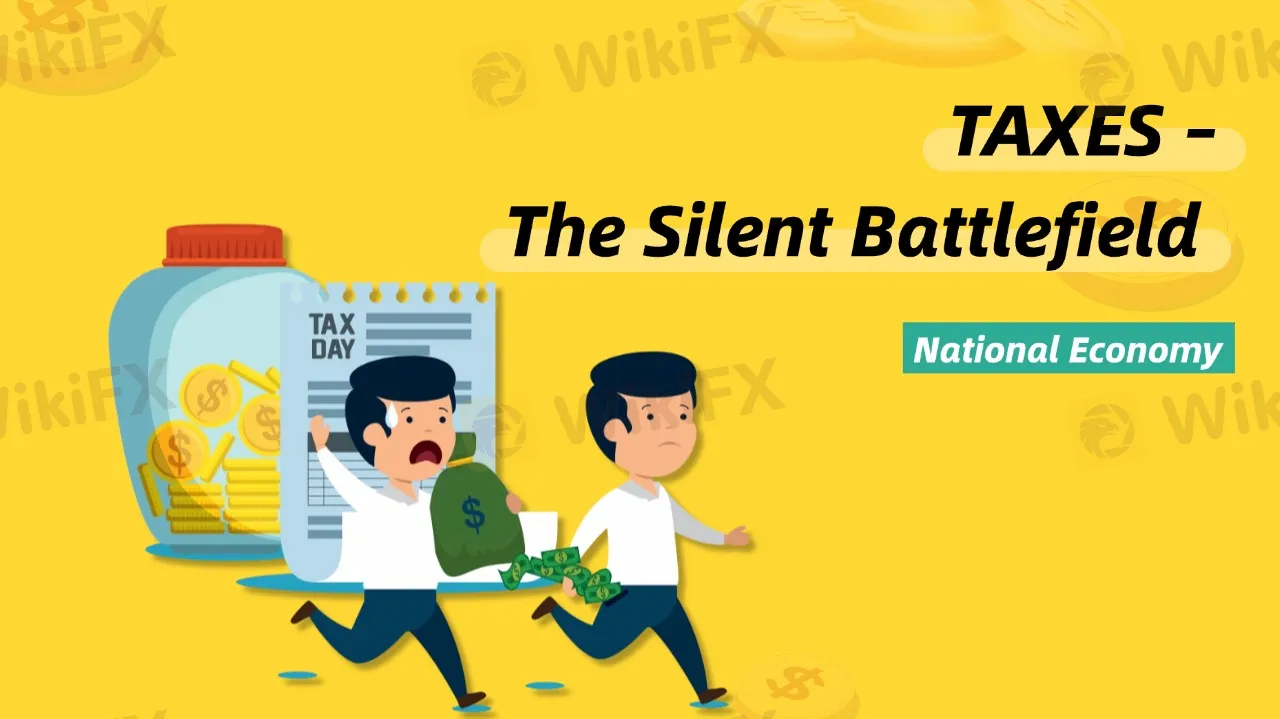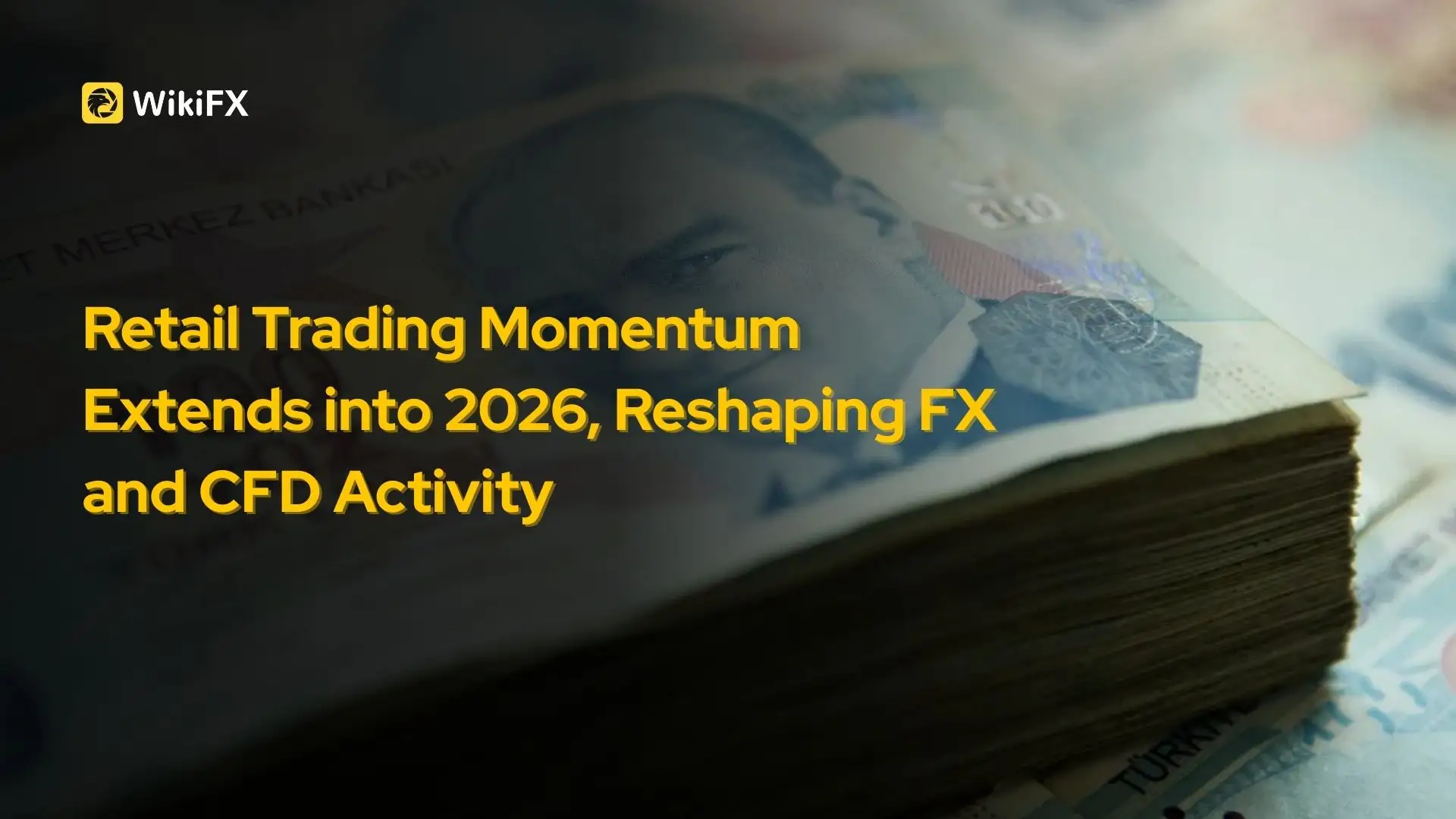WikiFX Officially Launches the “Every Review Counts” Broker Review Initiative!
In forex trading, what truly determines risk is often not market volatility itself, but whether information is authentic, transparent, and fully visible.
简体中文
繁體中文
English
Pусский
日本語
ภาษาไทย
Tiếng Việt
Bahasa Indonesia
Español
हिन्दी
Filippiiniläinen
Français
Deutsch
Português
Türkçe
한국어
العربية
Abstract:Nigeria's tax reform, particularly the new tax plans proposed by President Bola Ahmed Tinubu's government, has become a national focal point.

The four major tax bills introduced by the government were originally intended to stimulate economic growth, but they have sparked significant controversy, especially regarding the adjustments to Value-Added Tax (VAT) and Corporate Income Tax (CIT). These bills were supposed to lay the foundation for economic recovery, but instead, they have exposed deep divisions between the federal and state governments.
The proposed increase in VAT has become one of the central issues in the reform. For a country like Nigeria, which is already facing inflation and a high cost of living, raising VAT will undoubtedly increase the financial pressure on citizens. As the prices of essential goods rise, public opposition to the tax reform has grown stronger. State governments have also expressed concerns about the distribution of VAT revenue, suggesting that it should take into account regional needs to ensure a fair allocation.
On the other hand, the adjustment to Corporate Income Tax has also become a focal point of debate. Lowering the corporate tax rate could attract foreign investment, but many state governments fear that this policy will lead to a decrease in fiscal revenue, further worsening their financial difficulties. State governments typically rely on federal allocations to support their budgets, and reducing corporate income tax could intensify the financial pressure they face.
In the face of these disputes, the Nigerian government needs to adopt an inclusive and cautious approach, listening to the voices of all stakeholders, especially those of the state governments. The government should balance the need to increase tax revenue with the goal of not overburdening citizens. Specifically, regarding VAT, it could consider a gradual adjustment to avoid causing excessive short-term impacts on people's livelihoods.
At the same time, the policy of reducing corporate income tax should be implemented cautiously to ensure that it does not place undue pressure on state finances. The government should consider providing more support to state governments in the tax reform process to avoid exacerbating their fiscal challenges.
Additionally, the government must ensure that the reform does not cut funding for education, technology, and infrastructure, which are essential for the country's long-term development.
Although Nigerias tax reform faces significant challenges, it also offers an opportunity for economic development. If the government can strike a balance between VAT, corporate income tax, and state finances, while ensuring that all interests are taken into account, the reform could drive economic recovery. However, careful attention to the pace of implementation is necessary.

Disclaimer:
The views in this article only represent the author's personal views, and do not constitute investment advice on this platform. This platform does not guarantee the accuracy, completeness and timeliness of the information in the article, and will not be liable for any loss caused by the use of or reliance on the information in the article.

In forex trading, what truly determines risk is often not market volatility itself, but whether information is authentic, transparent, and fully visible.

Share Your Expertise on What’s Moving the Market.

Strong retail participation in 2026 is driving forex and CFD trading volumes higher, as investors expand beyond equities into macro-sensitive markets.

In a forex market where fundamental and technical factors impact the currency pair prices, volatility is expected. If the price volatility acts against the speculation made by traders, it can result in significant losses for them. This is where a stop-loss order comes to their rescue. It is one of the vital investment risk management tools that traders can use to limit potential downside as markets get volatile. Read on as we share its definition and several strategies you should consider to remain calm even as markets go crazy.
